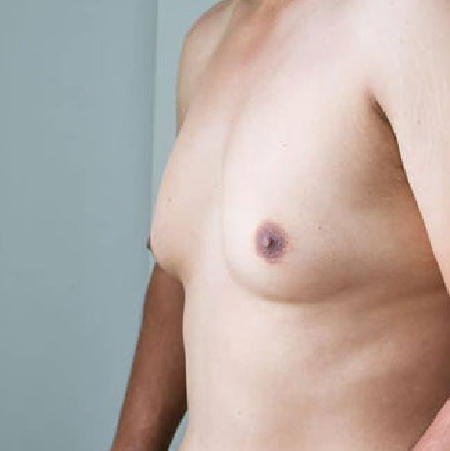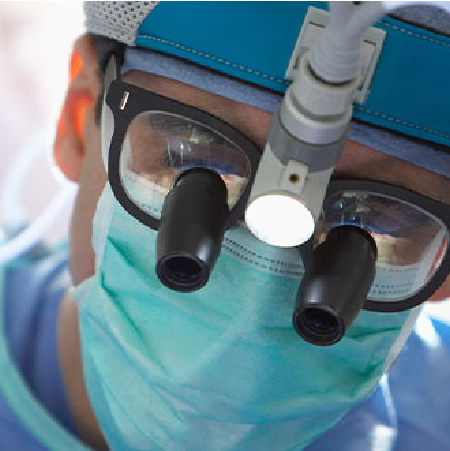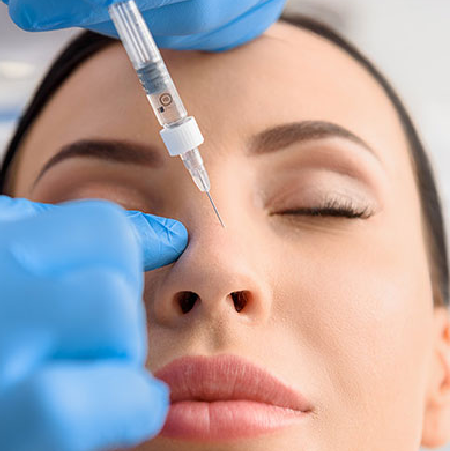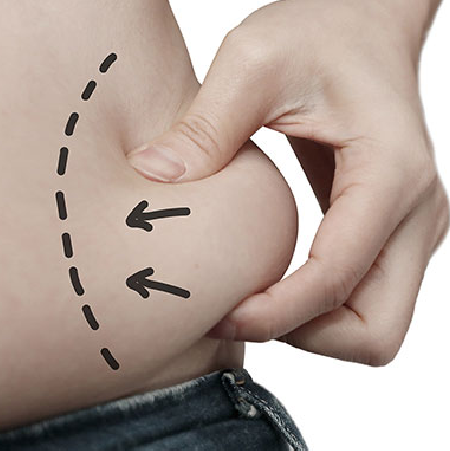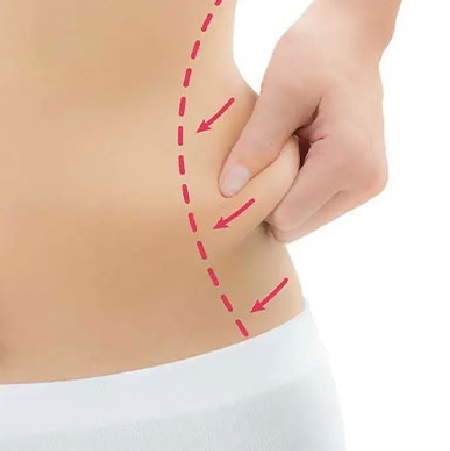Bariatric surgery and thyroid
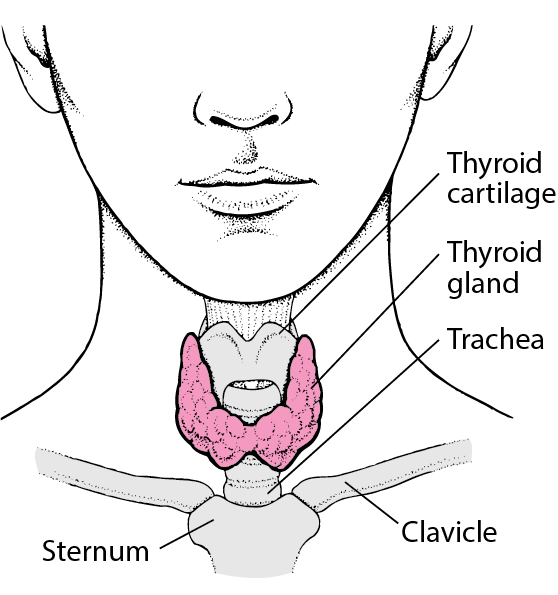
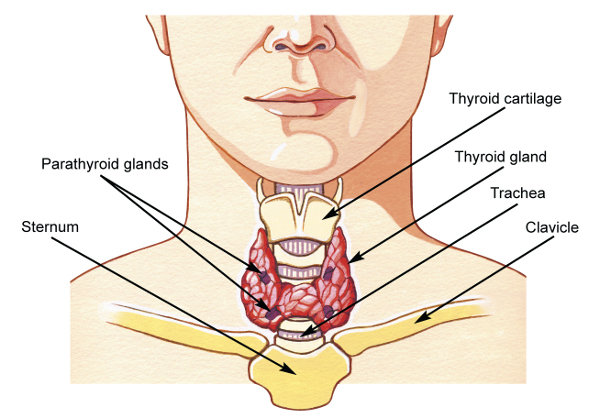
Bariatric surgery and thyroid
Obesity is associated with many serious health problems. This is one of the reasons why our surgeons review your medical history in detail before determining your personal treatment plan. For eligible patients, weight loss surgery can be a great way to start a healthy lifestyle.
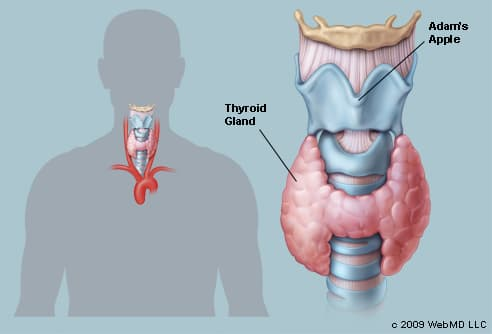
The thyroid gland
The thyroid is a butterfly-shaped gland located in the lower part of the neck. Your thyroid is under Adam’s apple, along the front of your trachea. The thyroid has two lateral lobes that are connected by a bridge (isthmus) in the middle. When the thyroid is its normal size, you cannot feel it. The reddish-brown color of the thyroid indicates that it is rich in blood vessels. Nerves that are important for sound quality also pass through the thyroid.
The thyroid gland is an endocrine gland in your neck. It produces two hormones secreted into the blood: thyroxine (T4) and triiodothyronine (T3). These hormones are essential for the normal functioning of the body’s cells. In cells and tissues of the body, T4 is converted to T3. T3 is biologically active and affects the activity of all cells and tissues in your body.
Thyroid disorders are very common and occur mainly in women, although everyone – men, adolescents, children and infants – can be affected. About one in 20 people has a thyroid disorder that may be temporary or permanent.

What does the thyroid do?
Proper thyroid function is essential for your overall health and well-being. This gland secretes hormones that help with the following:
- breathing
- heart beat
- Central and peripheral nervous system
- body weight • Muscle strength Menstrual cycles
- Body temperature
- Cholesterol levels
- and other items
It is important that the levels of T3 and T4 are neither too high nor too low. Two glands in the brain – the hypothalamus and the pituitary gland – communicate to balance T3 and T4.
The hypothalamus produces a TSH-releasing hormone called TRH, which signals the pituitary gland to increase or decrease the secretion of a hormone called thyroid-stimulating hormone (TSH) to tell the thyroid gland to produce more or less T3 and T4.
When blood levels of T3 and T4 are low, the pituitary gland releases more TSH to tell the thyroid gland to produce more thyroid hormones.
If T3 and T4 levels are high, the pituitary gland secretes less TSH to the thyroid gland to slow the production of these hormones
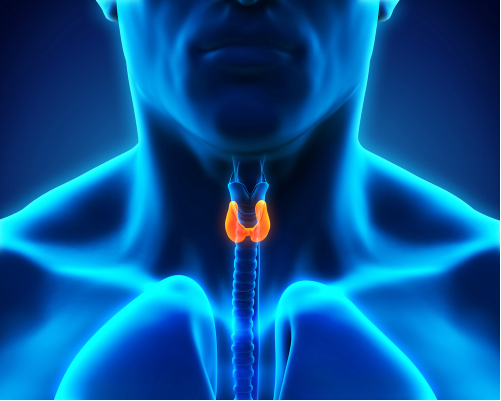
What is wrong with my thyroid?
Hypothyroidism (hypoactive thyroid) – Not enough thyroxine is produced for the body’s needs. Hyperthyroidism (hyperactive thyroid) – Excess thyroxine is produced for the needs of the body. Hypothyroidism is the most common disorder.
The link between obesity and thyroid hormones
In the case of obesity, an increase in the leptin hormone indicates that there is “leptin resistance” in the body. In addition, leptin has been shown to centrally increase transcription of thyrotropin-releasing hormone (TRH), resulting in Stimulates TRH and TSH
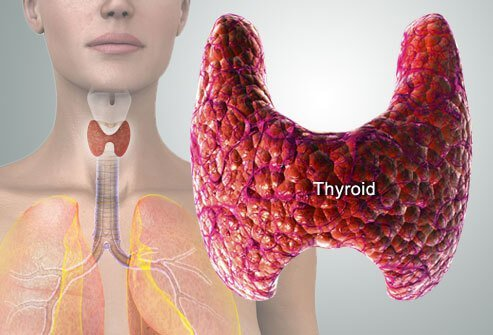
Prevalence of thyroid dysfunction
Prevalence of hypothyroidism in obese people (11.6%, 0.4% overt and 6.7% subclinical) compared to people with normal BMI (2.8%, 1.1% overt and 1.7% subclinical) is significantly more.
Obesity and hypothyroidism often occur simultaneously in one patient, and ~ 18% of obese surgery patients require thyroid hormone therapy. Previously, patients who did not take thyroid hormone had been shown to have elevated TSH and T3 in obese individuals, and TSH and T3 levels decreased after weight loss due to diet or surgery. A recent study showed that the average dose of levothyroxine is relatively reduced by reducing lean body mass in people with hypothyroidism after obesity surgery.
Studies confirm that the need for levothyroxine decreases in patients with obese hypothyroidism after obesity surgery, whether gastric bypass or gastric sleeve surgery. The average dose was reduced by ~ 9 μg / day. All hypothyroid patients require periodic TSH monitoring after bariatric surgery.
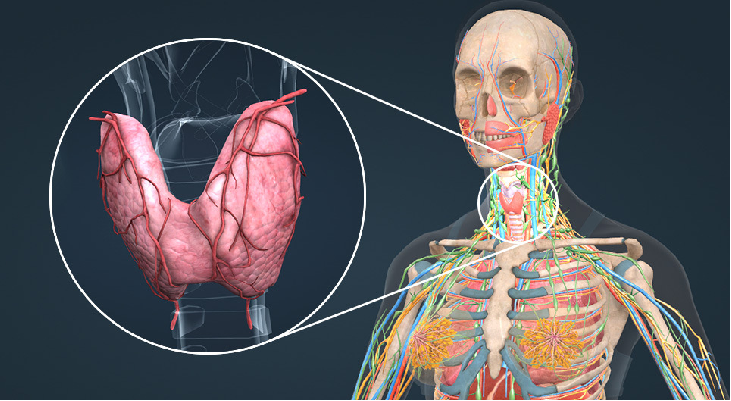
Is gastric bypass useful for hypothyroidism?
Those who suffer from thyroid problems can undergo obesity surgery. In fact, research shows that weight loss surgery can actually help improve thyroid function in people with hypothyroidism. A 2017 study found that obesity
surgery, combined with hormone replacement, can successfully reduce overall BMI.
In this particular experiment, 93 people with hypothyroidism underwent obesity surgery. Thirty-three participants were given thyroid replacement hormone. All of these people needed a lower dose after one year, and 13.2% of them did not need hormone replacement at all.
Definitions of mild, moderate, and severe hypothyroidism are somewhat interpretable. Although elective surgery may be delayed until you reach euthyroid status, patients who need immediate surgery or if they have mild or moderate hypothyroidism can continue surgery, and levothyroxine should be started before surgery.
In patients with hypothyroidism who are being treated clinically for thyroid, thyroid hormone supplements can be safely discontinued after surgery for several doses as long as the patient is able to take the drug orally. The half-life of levothyroxine is 7 days. Therefore, after 5 to 7 forgotten oral doses, the injectable levothyroxine IV supplementation should be started. IV dose should be 60 to 80% of the daily oral dose.



